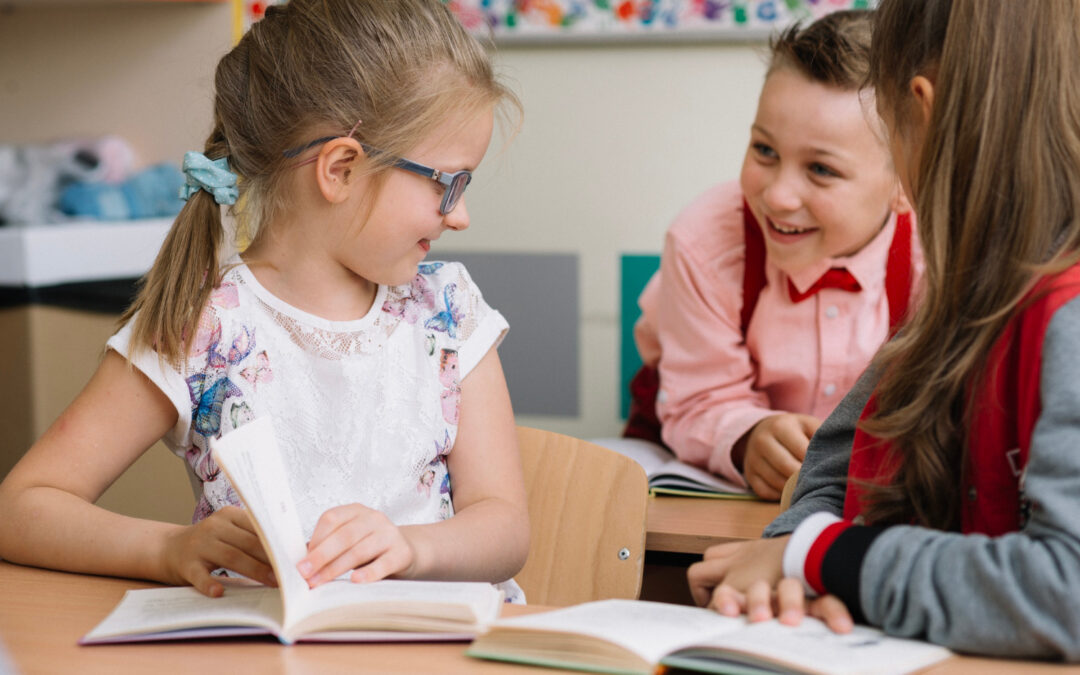Developing strong social skills is crucial for children’s overall growth and well-being. Social interactions play a key role in helping kids build relationships, understand others, and express themselves effectively. However, many children face challenges when it comes to interacting with their peers. This is where peer socialization groups can make a significant difference.
Peer socialization groups provide a structured and supportive environment where children can practice and improve their social skills. These groups are designed to help kids learn how to engage with others, share, cooperate, and resolve conflicts. By participating in these groups, children gain firsthand experience in navigating social situations, which helps them become more confident and competent in their interactions.
Understanding Peer Socialization Groups for Children
Peer socialization groups are small, structured settings where kids can practice essential social skills under the guidance of trained professionals. These groups typically consist of children of similar ages who come together to work on common social goals. The environment is designed to be friendly and supportive, making it easier for kids to open up and interact with their peers.
In these groups, children engage in a variety of activities that help them understand and practice different aspects of social interaction. From simple exercises like taking turns in conversation to more complex games that require teamwork and cooperation, the activities are tailored to meet the developmental needs of each child. Speech-Language Pathologists (SLPs) and Occupational Therapists (OTs) often work together to create these engaging activities.
Peer socialization groups are particularly beneficial for children who struggle with social anxiety, have difficulty making friends, or face challenges in understanding social cues. By participating in these groups, kids get the chance to practice new skills in a safe and controlled environment, which helps build their confidence and prepares them for real-world social situations.
Key Benefits of Peer Socialization Groups
1. Improved Communication Skills: Peer socialization groups emphasize effective communication. Children learn how to express their thoughts and feelings clearly and listen to others, which is crucial for building strong relationships.
2. Enhanced Empathy and Understanding: Through group activities, children learn to see things from different perspectives. This helps them develop empathy and better understand the feelings and actions of others.
3. Increased Confidence: Consistent practice and positive reinforcement in peer groups help boost children’s self-esteem. As they become more comfortable with social interactions, their confidence grows.
4. Better Conflict Resolution: Kids in peer socialization groups learn how to resolve disagreements peacefully. They practice techniques like active listening, negotiation, and finding mutually acceptable solutions.
5. Supportive Friendships: These groups provide an opportunity for children to make friends in a structured setting. The friendships formed here are often supportive and understanding, helping kids feel less isolated.
6. Preparedness for School and Beyond: The social skills learned in these groups are directly applicable to school settings and other areas of life. Children are better equipped to handle social challenges and succeed academically and personally.
By focusing on these key areas, peer socialization groups help children develop the vital skills they need to interact positively and effectively with others.
Activities and Techniques Used in Peer Socialization Groups
Peer socialization groups employ a variety of activities and techniques to help children develop their social skills. These activities are designed to be both fun and educational, encouraging children to practice important skills in a supportive environment.
1. Role-Playing: This technique allows children to act out different social scenarios, such as introducing themselves, asking to join a game, or resolving a conflict. Role-playing helps kids understand different social roles and responses, making real-life interactions easier.
2. Group Games: Games that require teamwork and cooperation, like building a puzzle together or playing a relay race, teach kids how to work with others. Through these activities, children learn the value of collaboration and effective communication.
3. Storytelling: Storytelling exercises encourage children to share their experiences and listen to others. This helps improve their narrative skills and teaches them how to connect and empathize with their peers.
4. Social Stories: These are short stories that describe a social situation and appropriate responses. Reading and discussing social stories help children understand social norms and expectations.
5. Turn-Taking Exercises: Activities that require taking turns, like board games or group discussions, help children learn patience and the importance of waiting for their turn to speak or act.
These activities and techniques are carefully chosen and guided by Speech-Language Pathologists (SLPs) and Occupational Therapists (OTs) to ensure they meet each child’s developmental needs.
How Parents Can Support Social Skill Development at Home
Parents play a vital role in reinforcing the social skills their children learn in peer socialization groups. Here are some practical ways you can support your child’s social skill development at home:
1. Encourage Play Dates: Arrange regular play dates with friends. This provides your child with more opportunities to practice social skills in a natural setting.
2. Model Social Behaviors: Demonstrate positive social interactions in your daily life. Let your child see you greeting neighbors, thanking store clerks, and resolving family disputes calmly.
3. Practice Social Scenarios: Role-play different social situations with your child, such as meeting someone new, dealing with teasing, or sharing toys. Discuss appropriate responses and behaviors.
4. Praise Positive Interactions: Give your child positive feedback when they engage in good social behavior. Praise them for sharing, cooperating, and showing empathy.
5. Read Together: Choose books that focus on social themes, like friendship, sharing, and kindness. Discuss the story and the characters’ actions to help your child understand social concepts.
By integrating these practices into your daily routine, you can help reinforce the skills your child learns in peer socialization groups and foster their social development.
Conclusion
Developing strong social skills is essential for children’s overall growth and success. Peer socialization groups provide a supportive environment where kids can practice and enhance these skills through various activities guided by experienced professionals. From improving communication and empathy to building confidence and fostering friendships, the benefits of these groups are substantial.
At Watch Me Shine, we are dedicated to helping children reach their full potential through tailored social skills programs and expert peer socialization groups. If you’re interested in learning how our peer socialization groups can benefit your child, contact us today. Let’s work together to help your child grow socially and thrive.

